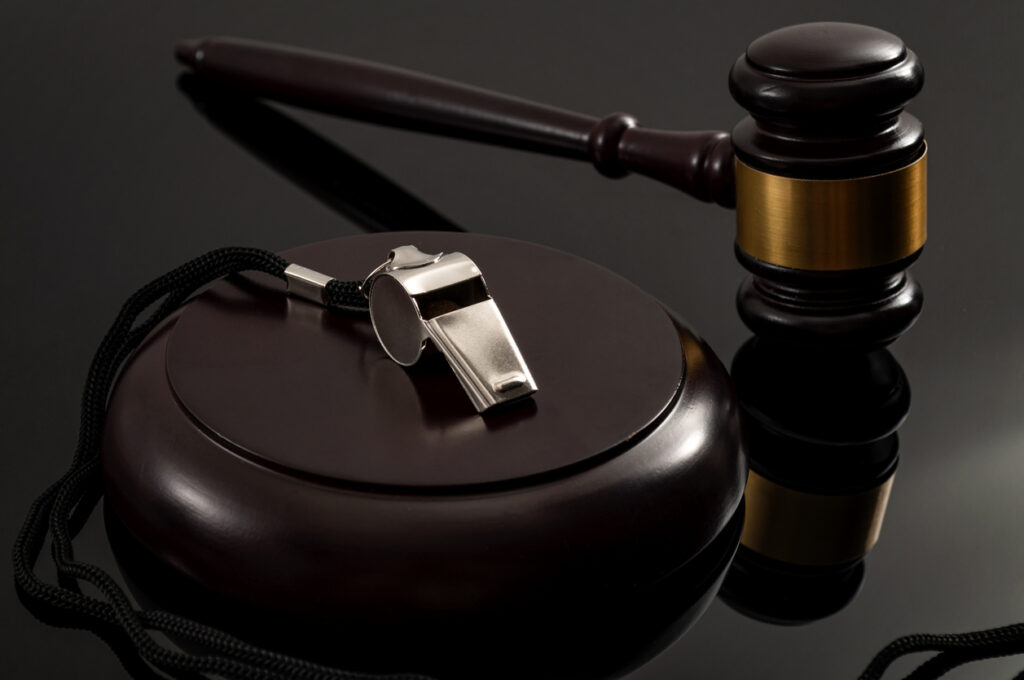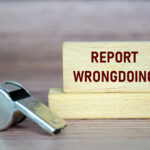The importance of ethical practices and transparent operations cannot be overstated in the modern business landscape. Whistleblowers play a crucial role in maintaining these standards by exposing unethical or illegal practices within organizations. However, the path of a whistleblower is fraught with challenges, and the need for robust protections is paramount. This article delves into the Boeing whistleblower case, highlighting the stories of John Barnett and Josh Dean, and explores the protections available for whistleblowers in the workplace.
The Boeing Whistleblower Case: An Overview
John Barnett’s Story
John Barnett, a former quality manager at Boeing, retired in 2017 but began speaking out about significant issues within the company’s manufacturing processes in 2019. His primary concerns included using substandard parts and potentially malfunctioning oxygen mask systems in the 787 Dreamliner. Barnett claimed that up to 25% of these systems might not work correctly during emergencies, a claim Boeing disputed.
Barnett’s allegations were part of a broader investigation into Boeing’s practices, especially concerning the 787 Dreamliner. The company was under immense pressure to meet sales targets and delivery deadlines, potentially compromising quality and safety. Tragically, Barnett was found dead in a hotel parking lot, with authorities ruling it a self-inflicted gunshot wound.
Josh Dean’s Story
Josh Dean worked for Spirit AeroSystems, a major supplier to Boeing. He raised concerns about improperly drilled holes in the fuselages of the Boeing 737 Max, a model already under scrutiny due to safety issues. Dean alleged that his employer discouraged employees from reporting such problems to avoid production delays. He also testified that he was terminated for bringing these issues to light.
Dean’s death, reportedly due to MRSA (Methicillin-resistant Staphylococcus aureus), occurred shortly after Barnett’s, adding a layer of complexity and suspicion to the narrative.
Protections for Whistleblowers
Given the risks and repercussions faced by individuals like Barnett and Dean, it is crucial to understand the protections available to whistleblowers:
State and Federal Statutes
Various state and federal statutes are designed to protect whistleblowers from retaliation. These laws ensure that employees who report illegal or unethical activities are not terminated or otherwise penalized for their actions. Key legislations include:
-
- The Whistleblower Protection Act (WPA): This federal law protects employees of federal agencies from retaliation for disclosing information they reasonably believe is evidence of a violation of law, rule, or regulation, gross mismanagement, gross waste of funds, abuse of authority, or a substantial and specific danger to public health or safety.
-
- The Sarbanes-Oxley Act: This law protects employees of publicly traded companies who report fraudulent activities.
-
- State-specific Whistleblower Protection Laws: Many states have their own laws providing varying degrees of protection for whistleblowers.
Steps to Take Before Blowing the Whistle
Before taking action, potential whistleblowers should consider several important steps:
-
- Gather Detailed Information: Document all relevant details, including dates, times, names, and specific incidents. This information is crucial for substantiating your claims.
-
- Avoid Illegal Actions: Do not steal company property or record conversations without consent, as this could jeopardize your case and potentially lead to legal consequences.
-
- Seek Legal Counsel: Consult with an attorney experienced in whistleblower cases to navigate the complexities of the legal landscape and ensure your actions are protected.
Legal Recourse and Support
If a whistleblower faces retaliation, they can seek legal recourse through various channels. An experienced attorney can help file a claim under the relevant whistleblower protection laws and guide the individual through the process. Additionally, many organizations and advocacy groups offer support and resources for whistleblowers.
The Importance of Whistleblower Protections
The cases of John Barnett and Josh Dean underscore the critical role of whistleblowers in maintaining ethical standards and ensuring safety within organizations. While their stories ended tragically, they highlighted the need for robust protections and support systems for those who come forward with vital information.
Understanding and advocating for whistleblower protections is essential. By fostering a culture of transparency and accountability, we can create safer and more ethical workplaces for everyone.
If you are considering becoming a whistleblower or need guidance on whistleblower protections, reach out to a legal professional experienced in this field. Your courage in doing the right thing can make a significant difference, but it is important to navigate this path with the right support and knowledge.
Schedule Your Consultation Today
Hiring an attorney experienced in protecting whistleblowers in Florida can feel overwhelming. At Parrish & Goodman, we believe you will have confidence in our team after meeting with us. Visit our website to schedule a no-risk, no-obligation consultation.




